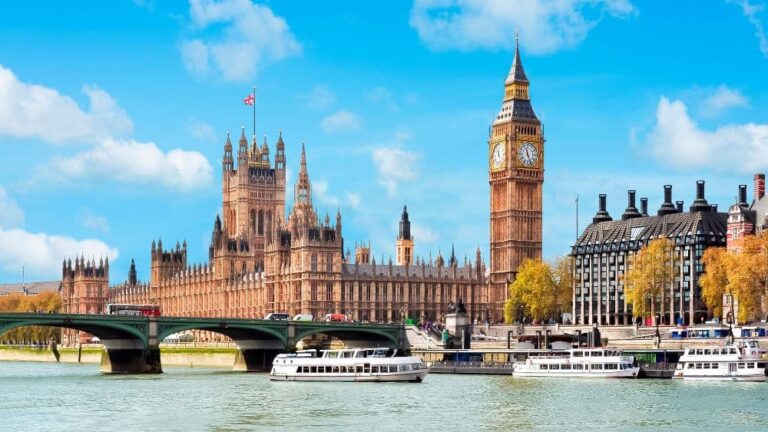
South West hotel occupancies look set to return to pre-pandemic levels
The rollercoaster of businesses ups and downs over the last three years appears to be steadying and comparisons of hotel occupancies and profit levels can now be made with pre-pandemic levels.
As with the economy in general, the hospitality sector is in a sustained period of cost pressures, but according to our data this is following an unprecedented period of growth. The question is: Is this enough to withstand the on-going cost inflation?
Our South West Hotel Occupancy Tracker has been monitoring bookings at a cross-section of hotels for the past 20 years. This database of bed nights and occupancy levels, when aggregated with market information on profitability and tariffs, provides us with a useful barometer for how the hotel industry is performing and the outlook for 2023.
The graph below compares hotel occupancies over the past two years with those in the last pre-pandemic year of 2019 which was on par with 2018 and slightly ahead of earlier years.

Analysis of statistics
Our figures indicate that:
- Following a period of truncated openings and unscheduled closures, hotels saw an increase in occupancy levels during 2021 and 2022
- There were very low levels of occupancy during lockdowns with most South West hotels staying closed. A few hotels provided rooms for key workers during the pandemic
- Bookings in April to September 2022 were ahead of pre-pandemic levels. However this was not sustained for the final part of the year as booking levels appeared to suffer from press speculation that the UK economy was about to enter if not a deep recession, then a very long one
In addition, the sector saw significant improvements in tariffs. In many cases, the VAT reduction coupled with strong demand enabled businesses to maintain these tariffs, however, the profitability of hotels needs to withstand:
- Increased energy costs. With energy increases lagging the market due to fixed deals, the costs of energy in a typical hotel – whilst being offset by increases in turnover to some extent – are looking to increase to around 7% of turnover from a typical historical level of around 4%
- Increased financing costs affecting any hotel with debt on a variable loan
- Continued shortages in the labour market coupled with increases in the living wage from April. Wages in 2022 were on average 39% as a percentage of turnover
Looking back on 2022
Easter 2022 was the first time since the pandemic that many businesses had been able to open. Over the whole year, occupancy levels saw an increase of 3% compared to 2019. By historical standards, this is a good result.
However, these were not at the same levels as 2021 and the second half of the summer in 2020, where there was an increase of 15% over the core season compared to 2019. The removal of travel restrictions in March 2022 made inbound and outbound travel easier, with the figures demonstrating an increase in tourism in the South West following a period of lockdowns.
Towards the end of 2022, hotel occupancies dipped in December as businesses and consumers contended with increases in energy prices, interest rates and inflation. Staffing became a common discussion point in the industry, with recruitment remaining a key issue and focus. In addition, significant government support provided to hotels during the pandemic was either tapered out or completely removed.
What is the outlook for 2023?
As we look ahead, booking levels for 2023 appear to be consistent with levels in 2019 (see above). Our database is currently showing energy costs at an average of 3.9% of turnover. This is lower than historically and is the consequence of strong revenue growth. This figure is expected to rise to 7-8% by the end of this year. However the knock-on impact for laundry and repair costs will likely continue into 2024.
As well as energy costs, businesses also need to contend with:
- The national living wage increasing to £10.42 an hour from 1 April
- The next revaluation of business rates being enforced which will be based on values from April 2021. Whilst many were severely impacted by Covid-19, the year to 1 April 2021 was one of two halves. Premises being closed for a major part of the first half but many doing well locally in the second half. This could make valuations higher than expected
Get in touch
At PKF Francis Clark, we have a team of experts who specialise in the hotels, leisure and tourism sector. To get in touch, please contact Tom Roach or call 01872 276477.
Written by












